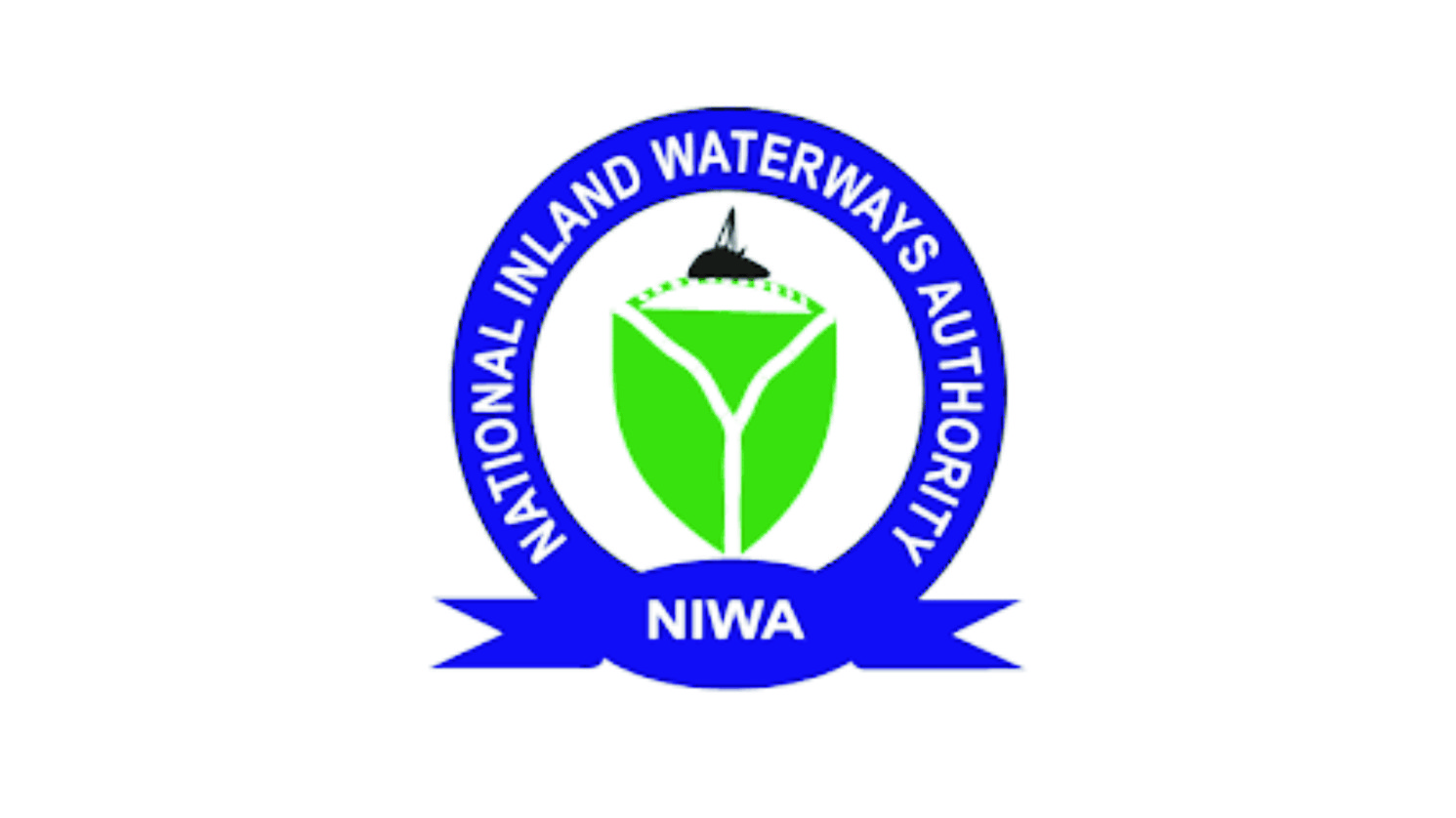Business
Electricity Act: Adelabu Suspends Regulatory Autonomy Transfer To States

The Minister of Power, Adebayo Adelabu, has announced the suspension of the transfer of Electricity Regulatory Autonomy to State Governments.
He said the suspension was imperative to give governments and stakeholders in the power sector ample time to properly understand what is required to operate an electricity market.
The Minister disclosed this while speaking at the 8th edition of the Africa Energy Market Place (AEMP) Conference in Abuja, at the Weekend.
Noting the peculiarities in each zone, Adelabu said the transfer of regulatory oversight will be piloted in selected states across the geopolitical zones in the country.
In his words, “the hydroelectric power plants that we have today are highly concentrated in the North Central, with its own environmental peculiarities. The South-South, South East and some parts of the West have concentration of thermal or gas power plants with pipeline issues, right of way, environmental and all that.
“When we have each of these zones represented in the pilot and we allow it to run for three to six months, or up to a year, all the possible issues would have been reflected so that we are going to have a learning curve, and all those issues will be addressed before granting further regulatory autonomy, because I have a feeling that we don’t have a comprehensive understanding of what this autonomy means.
“We all have to sit down and let everybody have a complete understanding of what this regulatory autonomy means. And we will know if we are ready to have full autonomy or it will be a partial autonomy in the meantime before we achieve a matured electricity market”.
Speaking further, the Minister stated that most stakeholders underestimate the capacity required to have regulatory authorities in 36 states, plus the FCT.
He stressed that each state that takes up the regulatory oversight must have a framework and structure to prevent energy theft, vandalism and enough capital for continuous investments and maintenance of infrastructures.
In his remarks, the Chairman, Geometric Power, Bart Nnaji, noted that while the Act has been able to bring regulation closer to the people, there are a lot of challenges that may arise at the implementation stage.
Nnaji explained that many state governments may have difficulties with building adequate capacity to carry out the regulatory functions as required by the Act.
“On the issue of capacity, it is very clear that what the national regulator has done so far would not be easy to just replicate by the states. Now each commissioner has a lot of training that has been done and they have an institution within a particular area and then you have states that are just coming up, it will take a while.
“So, success in terms of capacity for states will be to say, we will face it over time. The first thing you begin to do is hand holding by the national regulator and till eventually you can now stand.
“Now, on the issue of limits, there is a tendency for state governments to believe now that it is possible for them to have the ability to generate, transmit and distribute, that they can do it all. But there are DisCos within the environment, and these DisCos are owned by companies. And so the wires are owned by this Discos.
“So, understanding that they just can’t go to act as if they can suddenly take over the wires would be an issue. So let them understand how to collaborate with the existing companies”, he said.
Business
NIMASA Commits To Creating Enabling Environment For Maritime Business

Business
FG Inaugurates Special Committee Against Boat Accident


